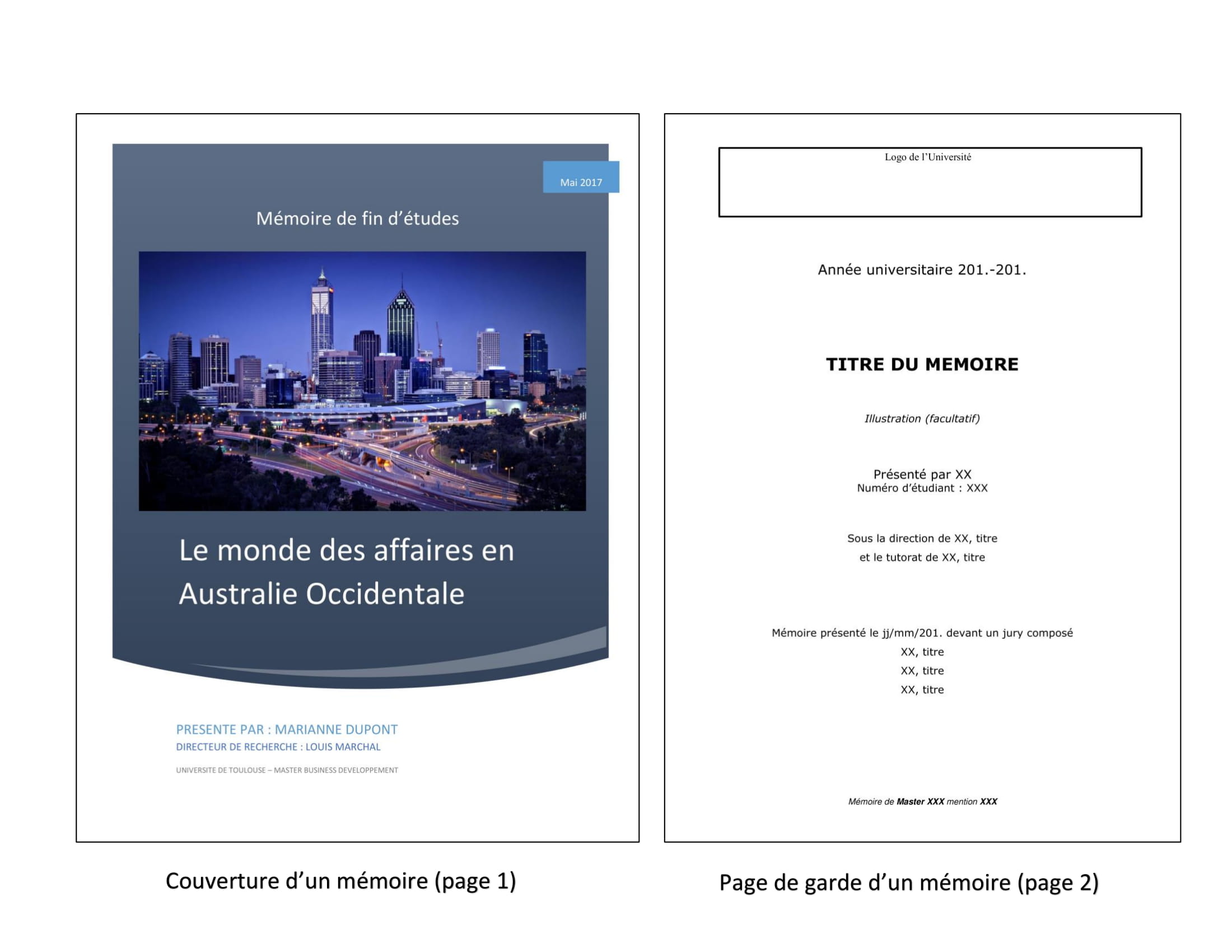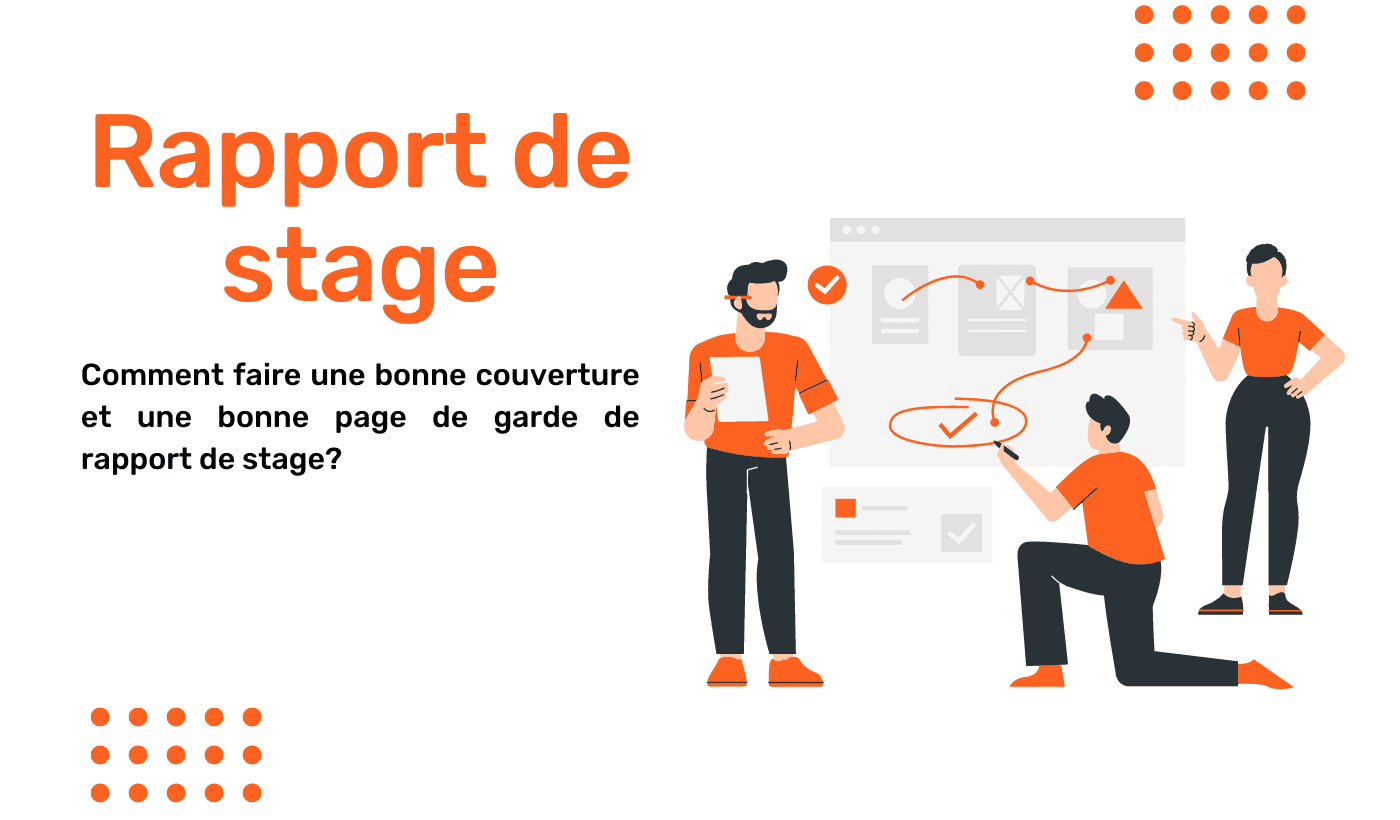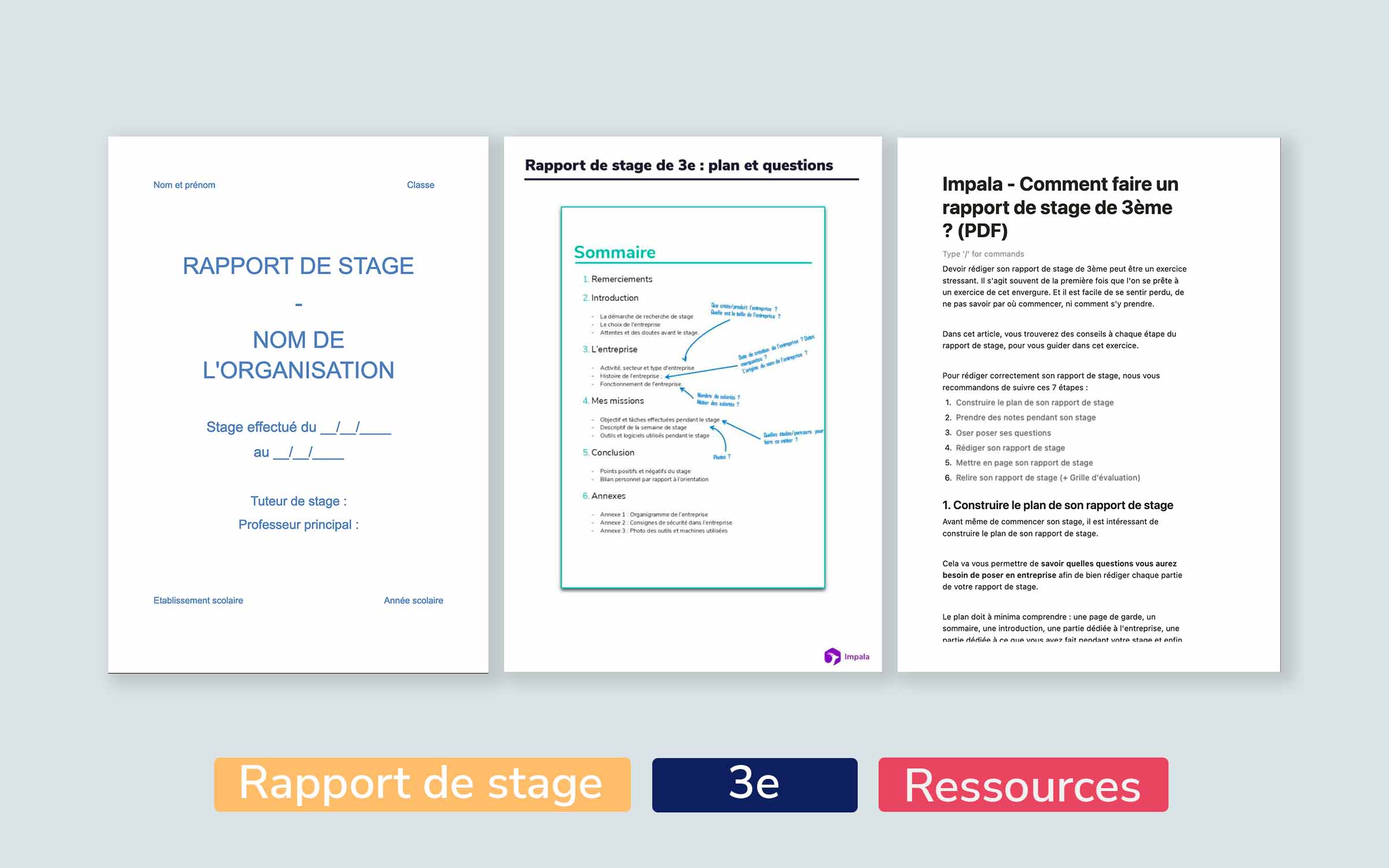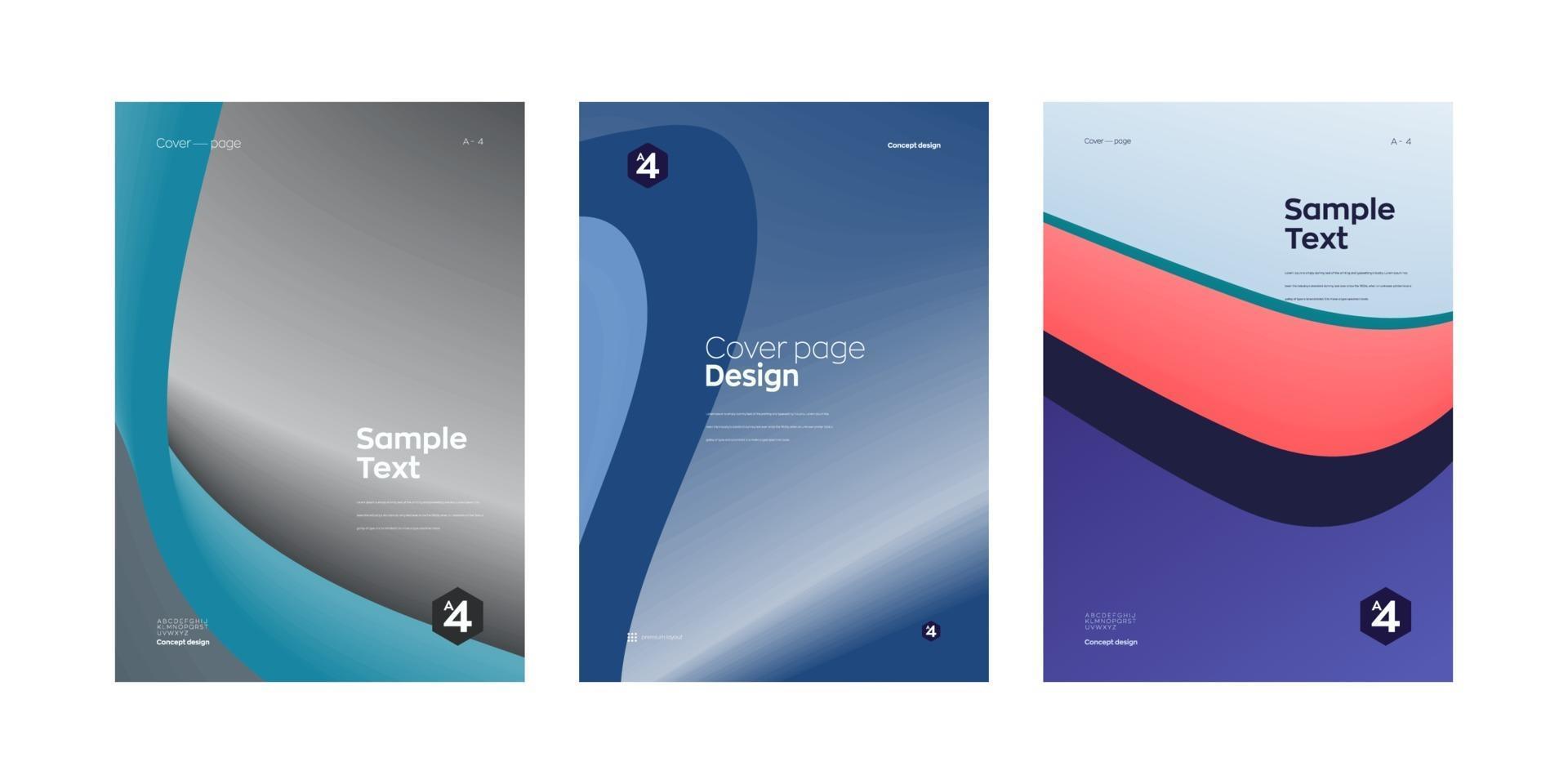Page De Garde Analyse De Situatuin Relationnelle

Okay, picture this: me, sweating bullets, staring at a PowerPoint presentation that looked like it had been designed by a committee of caffeinated squirrels. The slide title? Something equally inspiring as “Current Relational Situation Analysis - Cover Page”. Yeah, even the title was trying to bore me to death. I swear, I almost nodded off right there.
But here's the thing, that horrible presentation, behind all the bureaucratic jargon, touched upon something important: understanding how people interact, especially in a business context. It’s about deciphering the hidden signals, the power dynamics, and ultimately, figuring out how to navigate the social landscape. Now, I am not going to pretend I am an expert in the subject, but let's dive into the 'Cover Page' of relational analysis together - in a fun and hopefully less-boring way.
What are we talking about, exactly? (Beyond PowerPoint Suffering)
Let’s break it down. "Page de Garde Analyse de Situation Relationnelle" basically means "Relational Situation Analysis Cover Page". Sounds official, right? It essentially introduces a document that *attempts* to map out the relationships between people or groups within a specific context. Think of it as a sociological weather report for your team, department, or even your entire company.
It is *supposed* to answer questions like:
- Who's talking to whom? And how often? (Remember those awkward office encounters?)
- Who holds the power? (Hint: It’s usually not the intern.)
- Are there cliques and rivalries? (Office politics, the never-ending drama…)
- What are the common goals, and who's actually working towards them? (Besides that one overachiever who’s already planned their next five career moves.)
It's important to note that while some analysis could be quantitative, for example, tracking how often you see someone in meeting, most analysis would be considered qualitative. It involves interpretation and subjectivity.
Why bother? (AKA: What's in it for you?)
Okay, so knowing all this stuff sounds like a lot of work. But honestly, understanding the relational landscape can be incredibly valuable. Think of it as getting the cheat codes for your social game. Why is this helpful?
- Improved Communication: Understanding how information flows (or doesn't flow) can help you streamline communication and avoid misunderstandings.
- Conflict Resolution: Identifying potential sources of conflict before they explode can save you a lot of headaches.
- Team Building: Building stronger relationships between team members can improve morale and productivity. (Happy teams = better work, right?)
- Better Decision-Making: Understanding the power dynamics and influence patterns can help you make more informed decisions.
Side note: While understanding these relationships is really important, using this information ethically is just as if not more important. This is important to note.
What's on that Dreaded Cover Page?
So, back to the "Page de Garde". What should you *expect* to see on one of these things?
- Context: The "who, what, where, when, and why" of the analysis. What group are you analyzing? What's the purpose of the analysis? What's the timeframe?
- Methodology: A brief explanation of how the data was collected. (Interviews? Surveys? ESP? Okay, maybe not ESP.)
- Key Players: A list of the key individuals or groups involved, and their roles.
- Summary of Findings: A high-level overview of the main relationships and dynamics at play. Think of it as the "TL;DR" version of the entire document.
Don't freak out: Creating your Own Relational Analysis
If all of this sounds intimidating, don't worry. You don't need to be a sociologist to start observing and analyzing the relationships around you. Start small. Pay attention to:
- Who talks to whom during meetings?
- Who seeks advice from whom?
- Who seems to be "in the know"?
Write down your observations. Draw diagrams. Talk to people (discreetly, of course!). You might be surprised at what you uncover.
The key is to be observant, curious, and, most importantly, ethical. Don't use this information to manipulate or exploit anyone. Use it to build better relationships and create a more positive and productive environment.
And maybe, just maybe, you can avoid ever having to sit through another soul-crushing PowerPoint presentation on "Relational Situation Analysis". (Although, let's be real, that's probably wishful thinking.)

















